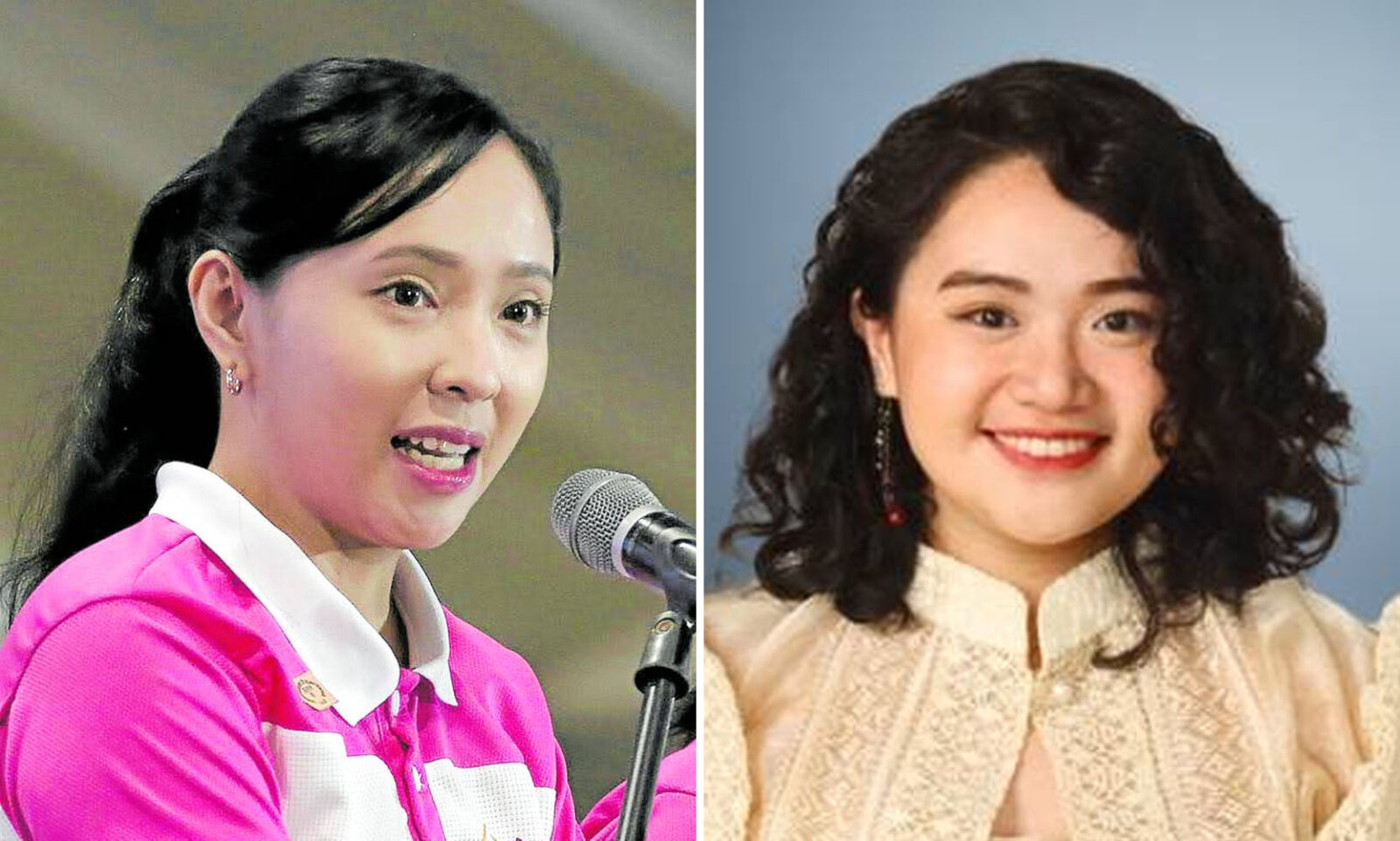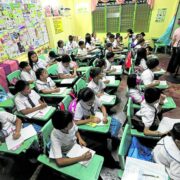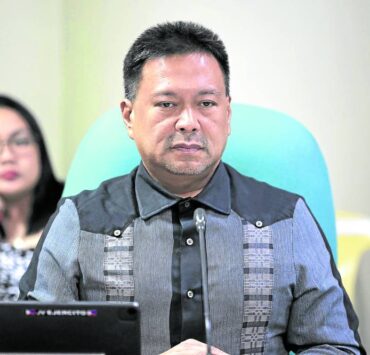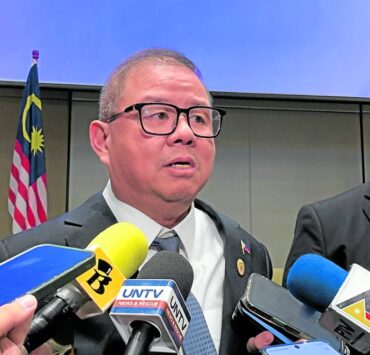Solons seek changes in party list system

A bill pushing for changes in the party list system has introduced a provision that imposes a ban on nominees linked to government projects as well as those with family members in government positions up to the fourth degree of consanguinity or affinity.
On Wednesday, the Makabayan bloc in the House of Representatives filed House Bill No. 6193 which seeks to amend the party list system law (Republic Act No. 7941) to ensure that it stays true to its original purpose of serving the marginalized.
If passed, the bill filed by ACT Teachers Rep. Antonio Tinio, Gabriela Rep. Sarah Elago and Kabataan Rep. Renee Co would provide eligibility requirements and set up mechanisms to democratize the party list system and ensure that those elected truly represent underrepresented sectors.
“There is an urgent need to restore the party list system to its original purpose, which is to give the marginalized sectors representation and voice in Congress,” the lawmakers said in their explanatory note.
Bastardized law
“The party list system has been bastardized throughout the years, and there is therefore an even more urgent need now to strengthen and further improve it so as not to make useless and illusory the representation of marginalized and underrepresented sectors of our country,” they added.
The Makabayan bill proposes amendments that, among others, would ban nominees who “is or had been a contractor in any government project, including but not limited to infrastructure projects, whether as an individual or as an incorporator, director, officer, or person in any way related to a corporation that is or had been a contractor.”
It also seeks to ban nominees who are related to incumbent government officials by blood or marriage up to the fourth degree.
Other pertinent amendments include requiring groups or political parties to prove in an evidentiary public hearing that they and their nominees truly come from the sector they want to represent in order to be declared eligible for registration.
The bill also requires that the nomination of party list representatives be done by the highest policy-making body of the group concerned.
Other requirements
The amendments are being introduced as the Marcos administration deals with the aftermath of the flood control program scandal that implicated several lawmakers, public officials and private contractors in a scheme to pocket billions of pesos of taxpayer’s money through kickbacks and “ghost” or substandard projects.
One of the central figures in the scandal, resigned Ako Bicol Rep. Elizaldy Co, founded Sunwest Inc., one of the country’s top government contractors which bagged billions of pesos worth of projects.
On Tuesday, he, along with several officials of Sunwest and the Department of Public Works and Highways, were charged with graft and malversation before the Sandiganbayan over “serious irregularities” found in a P289-million road dike project in Oriental Mindoro.
The party list system was established under the 1987 Constitution to allow labor, peasant, urban poor, indigenous cultural communities, women, youth and other marginalized sectors to participate in governance. Under the law, elected party list representatives should make up 20 percent of the total number of House lawmakers.
But in 2013, the Supreme Court ruled that national and regional parties or organizations need not come from the marginalized and underrepresented, which the bill’s authors said “practically opened the floodgates for the rich, the powerful elites and the political dynasties to freely participate in the party list elections.”
Before the opening of the 20th Congress, watchdog Kontra Daya warned that 32 out of the 54 winning partylist groups did not represent the poor.
According to the Makabayan lawmakers, “by allowing those who form part of the 80 percent to also invade the 38 constitutionally reserved seats of the 20 percent, the marginalized and underrepresented have been marginalized and underrepresented in their own turf.”

















